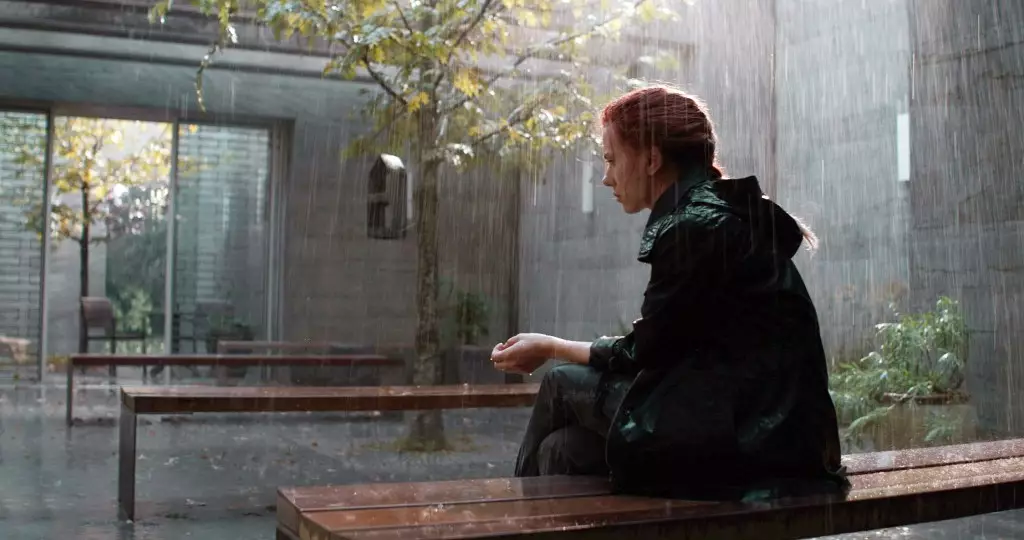In a recent interview with Vanity Fair, actress Scarlett Johansson expressed palpable disappointment over the Academy of Motion Picture Arts and Sciences’ snub regarding the iconic film, Avengers: Endgame. The blockbuster, despite shattering box office records and capturing audience hearts, received only a nomination for Best Visual Effects, leaving many questioning the criteria for Oscar nominations. Johansson’s incredulity resonates not only with fans but also with industry insiders who have long debated the place of blockbuster franchises within the realm of esteemed awards.
The actress’s exasperation stems from more than just personal sentiment; her assertion that “an impossible movie that should not have worked, that really works as a film” merits recognition underlines a growing frustration among creatives involved in large-scale productions. It’s particularly striking when considering that Endgame has grossed nearly $2.8 billion, making it the second-highest-grossing film of all time. Johansson argues convincingly that commercial success should not be an impediment to artistic achievements; perhaps this is a crucial turning point for the Academy to reevaluate its parameters.
The Academy’s Historical Avoidance of Blockbuster Recognition
Historically, the Academy has shown a tendency to overlook films that dominate the box office, particularly those from the expansive Marvel Cinematic Universe (MCU). While some MCU films like Black Panther have enjoyed critical acclaim and subsequent awards recognition—most notably winning three Oscars—the majority remain sidelined from the prestigious Best Picture category. This inconsistency raises questions about the underlying biases within the Academy and whether it is time to confront entrenched views about what constitutes “Oscar-worthy cinema.”
Adding to this discourse, Joe Russo, co-director of Avengers: Endgame, has also voiced his opinions. Russo notes the rich storytelling and cultural significance of these films, talking about their ability to resonate with diverse audiences. This alludes to a broader theme: that films like Endgame encapsulate both commercial appeal and narrative depth—qualities that should be celebrated, not snubbed.
Scarlett’s Departure from the MCU: A New Chapter
As Johansson embarks on her directorial journey with the upcoming film Eleanor the Great, she is adamant about leaving the MCU behind. In reflection, her character’s arc in the franchise feels resolved, and she desires not to muddle that narrative closure. This decision is emblematic of the challenging balancing act that artists face within the spectacle-driven entertainment industry, where hefty franchises often overshadow individual ambition.
Johansson’s intentional departure speaks to a longing for authenticity in storytelling rather than a mere return to a familiar yet limiting landscape. This sentiment mirrors the experiences of many artists who yearn to pursue creative routes reflecting their artistic growth rather than resting in the comfort of past successes. The fact that she misses her co-stars highlights the strong bonds formed during production but also emphasizes her commitment to both her craft and integrity.
In a world where commercial viability often overshadows artistic merit, Johansson’s candor prompts a necessary conversation around the relevance and future of award ceremonies in recognizing the evolution of cinema. The question remains: will the Academy be ready to embrace this shift?


Leave a Reply